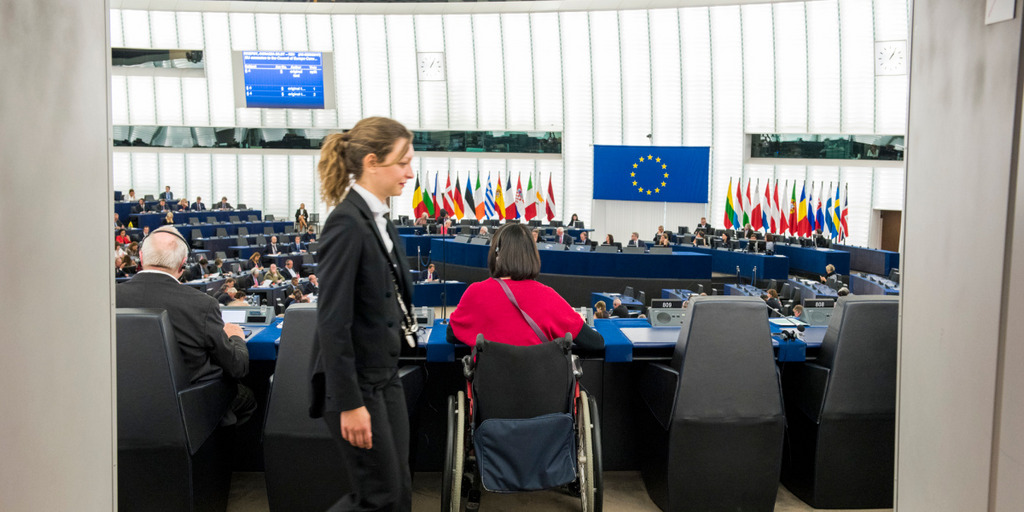Mrs Reding, how do you perceive the developments in Hungary, Poland, and also Romania, where increasingly the independence of the judiciary seems to be getting lost, freedom of the press is systematically being limited, and civil society organisations are coming under pressure?
Viviane Reding: Courts have been crippled, public and private press has been muzzled, refugees have been refused solidarity, NGOs have been discredited and branded as foreign agents, universities have been silenced and Brussels has been demonized. The seemingly endless stream of reports from Poland and Hungary leaves no room for illusion: our fundamental values are under attack.
The issue is not anecdotal, but a matter of urgent concern for all Europeans. It boils down to a question of credibility. The EU cannot extoll the values of Solidarity, Human rights, Democracy and the Rule of Law abroad, in the case of Turkey for instance, while it is incapable of enforcing those values at home. These values are our compass, they guide our common action. Member states that hold these values in constant contempt, destroy this compass. They threaten our Union to become soulless and in disarray – a ready prey for the vultures that seek to bring down one of the greatest political constructions of our time. Without the compass of our values, we are directionless. Without the threads of our values, the fabric of our unity will unravel. Nothing less than our common future is at stake. And we should act: clearly and decisively.




